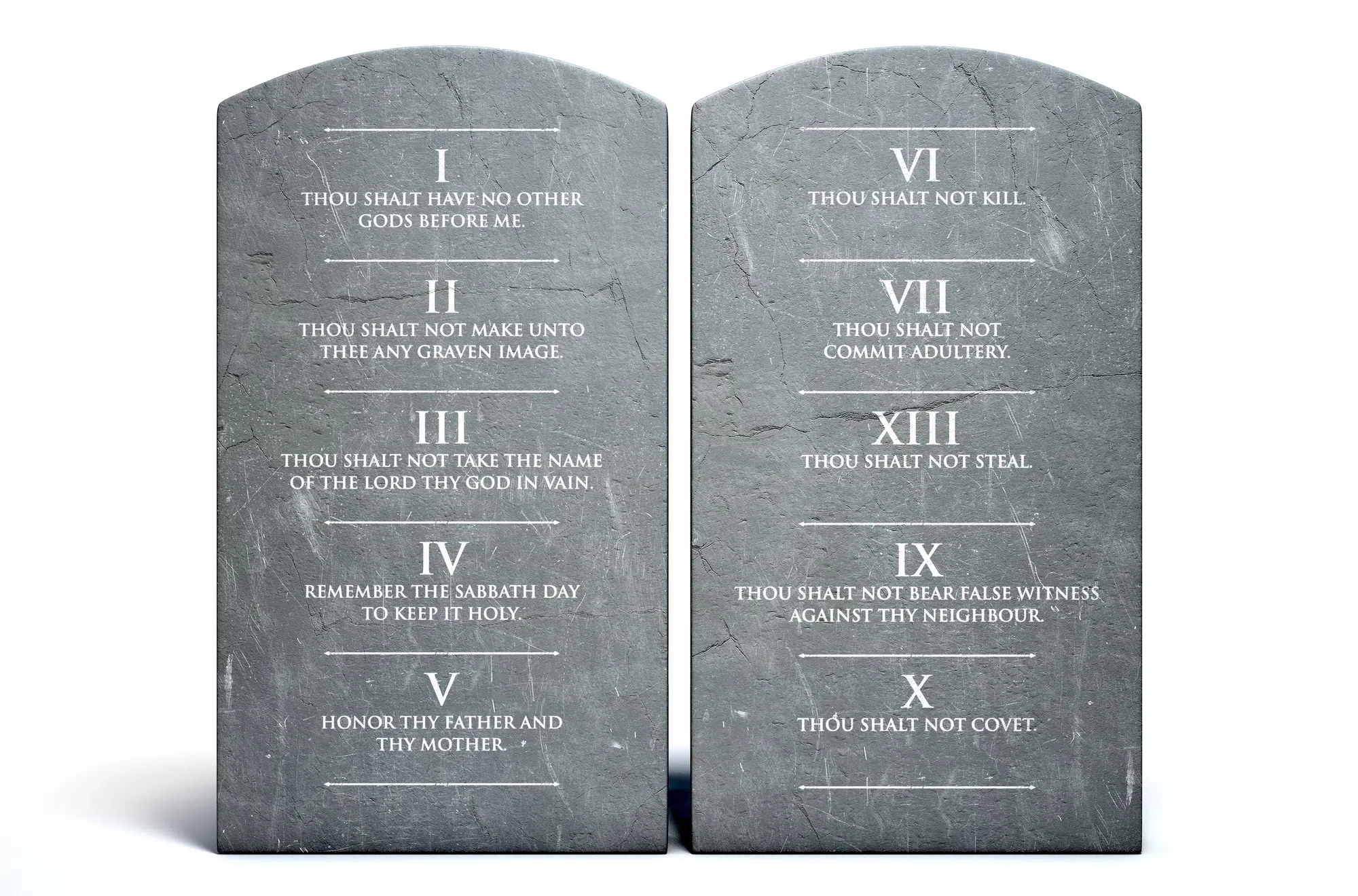
albund / Depositphotos.com
A three-judge panel at the Fifth U.S. Circuit Court of Appeals upholds a lower court’s ruling that Louisiana’s law requiring the Ten Commandments be posted in every public school classroom is unconstitutional.
Loyola University New Orleans law professor Dane Ciolino says the ruling should come as no surprise.
“The United States Supreme Court in 1980 ruled that it was unconstitutional to post or require the posting of the Ten Commandments in public schools. That violates the establishment clause of the First Amendment,” says Ciolino. “Although there have been developments in the establishment clause jurisprudence since then, the court has not overruled the 1980 opinion out of Kentucky, and it is still good law today, and that’s exactly what the Fifth Circuit said in its opinion on Friday.”
Days after Gov. Landry signed House Bill 71 during the 2024 regular legislative session, a group of public school parents sued the state in federal court, alleging that the law violated the First Amendment.
So far, every court that has weighed in has agreed with the plaintiffs.
Ciolino says while analysis of that 1980 ruling has evolved since then, the overall essence of the opinion has held steady, as evidenced by the panel’s ruling that stated that the law is, in its words, “plainly unconstitutional.”
“The court went to great lengths to say that even under the new establishment clause analysis, Louisiana statute fails and doesn’t pass constitutional muster,” Ciolino says.
Attorney General Liz Murrill issued a statement following the decision:
“We strongly disagree with the Fifth Circuit’s affirmance of an injunction preventing five Louisiana parishes from implementing HB71,” Murrill’s statement reads. “We will immediately seek relief from the full Fifth Circuit and, if necessary, the United States Supreme Court.”
Ciolino says there’s no guarantee that the Supreme Court will even take up the case.
“I don’t think it’s a foregone conclusion, particularly since the Fifth Circuit found that even under the new jurisprudence, this statue’s unconstitutional,” says Ciolino.







Comments